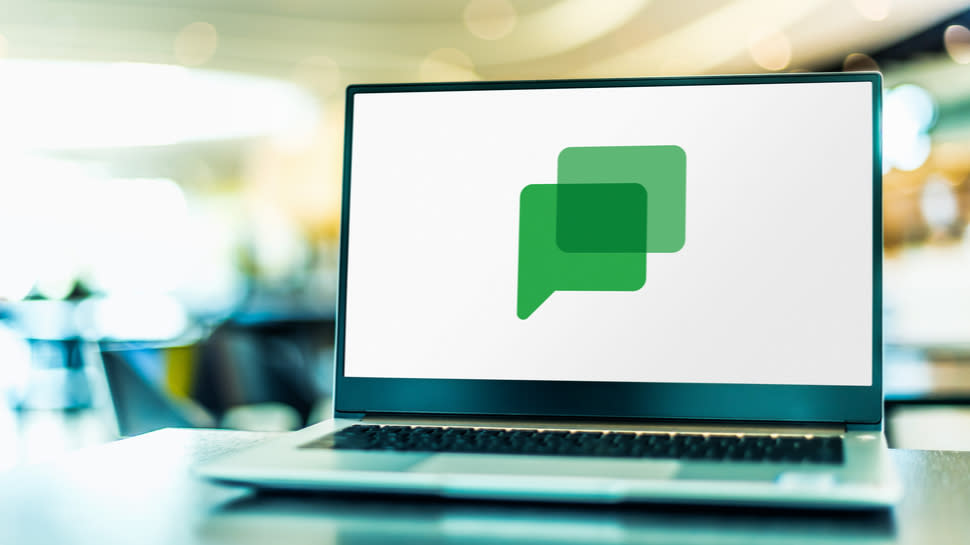Google Chat is no longer going to fight Microsoft Teams and Slack

Google has announced game-changing interoperability between its own Chat app and rival services like Slack and Teams in a move that’s set to bring a much-welcome simplification to the way workers communicate.
Many larger organizations typically use more than one messaging service, not to mention others used for external communications with customers and clients, which Google says is a major cause for conversation silos.
The company has now teamed up with collaborative interoperability solutions provider Mio, a company that works with Google Chat, Microsoft Teams, Slack, Webex, and Zoom Chat on tackling interoperability.
Google Chat set to get major interop overhaul
In an announcement, the company confirmed that the feature is currently available for beta testing and is hoped to reach general availability in early 2024.
Eligible accounts include Google Workspace Business Starter/Standard/Plus, Essentials Starter, Enterprise Essentials/Essentials Plus/Standard/Plus, Frontline Starter/Standard, and Nonprofits customers.
Read more
> The best online collaboration tools
> Microsoft Outlook and Google Calendar are finally going to play nice together
> Zoom is going to work a lot closer with one of its biggest rivals, and I couldn't be happier
Companies looking to benefit from the beta version are being advised to speak to their account rep or to speak directly with Mio.
The up-and-coming interoperability may even play into the hands of not just customers - who are likely to be much happier with their communications setups - but also providers, who may be less likely to battle it out amongst themselves to win exclusive patronage.
This isn’t the first time that Google has made a big step toward working with other competitors - at the start of this year, it confirmed that Meet video conferencing users would be able to join Zoom calls and vice versa.
Then, at the start of the summer, it announced that its own Calendar would be compatible with Outlook’s counterpart.
Check out our roundup of the best live chat software


